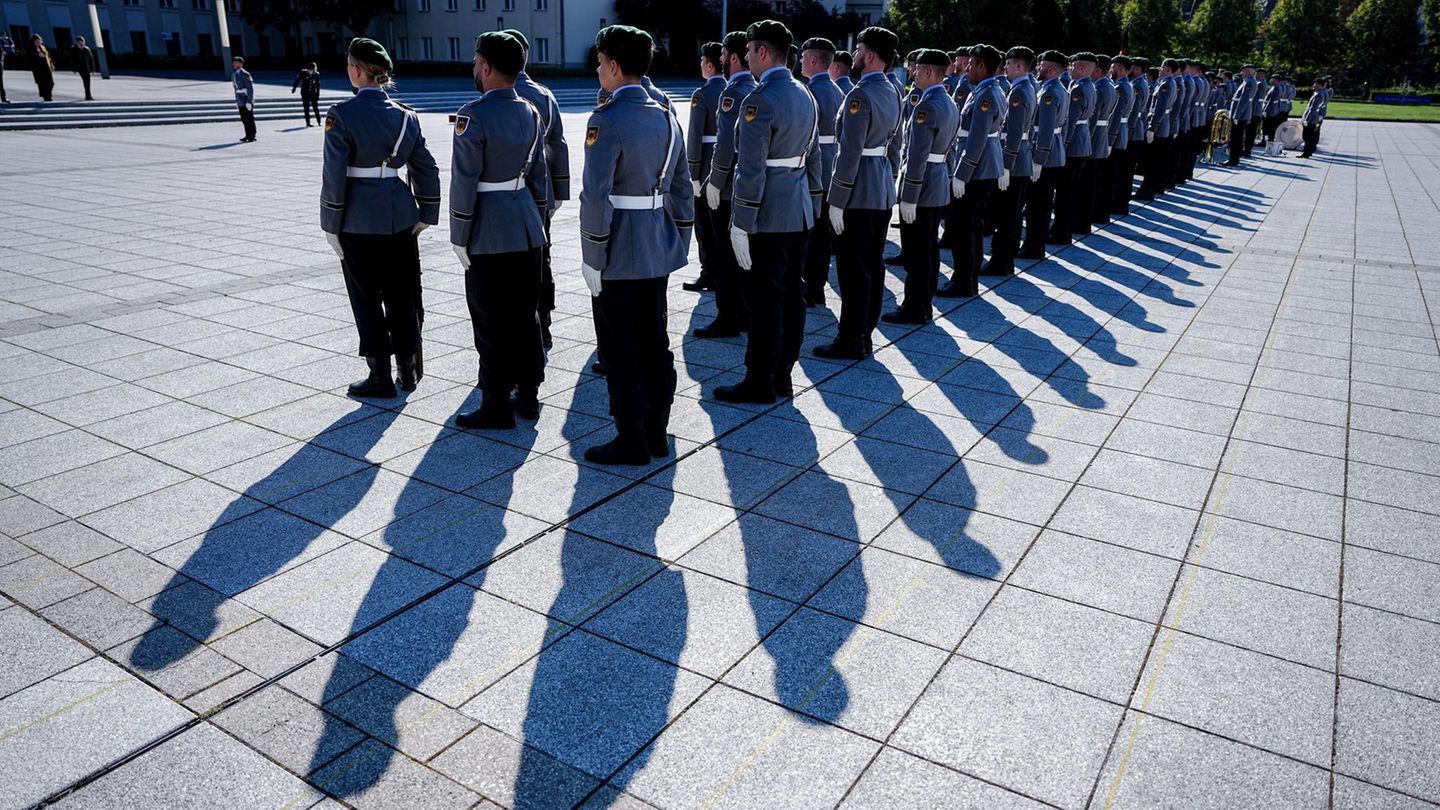Israel has decisive days ahead: Despite massive protests, the government wants to get a core element of its judicial reform through parliament. The head of government still needs to be operated on.
In Israel, parliament has begun deliberations on a key element of controversial plans to overhaul the judiciary. The law of the right-wing religious government of Prime Minister Benjamin Netanyahu is to be passed in the coming days. At the weekend, however, hundreds of thousands took to the streets again. Rallies are also planned for Sunday, both by opponents and supporters. Shortly before the consultations began, Netanyahu was fitted with a pacemaker. According to the doctors, the 73-year-old survived the operation at the Sheba Hospital near Tel Aviv well.
Netanyahu: Efforts to reach compromise continue
The Knesset in Jerusalem held a special session to pass the controversial law. The final vote is expected on Monday at the earliest. The law is part of a larger package that critics see as a threat to Israel’s democracy. According to media reports, efforts to reach a last-minute compromise were still going on in the background. All previous negotiations between the coalition and the opposition had been unsuccessful. Netanyahu assured during the night: “Efforts to reach a comprehensive agreement continue.”
Bar association wants to take action against the law
The law should no longer allow the country’s highest court to assess a decision by the government or individual ministers as “inappropriate”. Critics fear that this will encourage corruption and thus the arbitrary filling of important posts and layoffs. The Netanyahu government, on the other hand, accuses the judiciary of interfering too much in political decisions. The head of the Bar Association, Amit Becher, announced in Jerusalem that he would take legal action against the law if it were passed.
Pacemaker for the Prime Minister
According to his office, Netanyahu should be able to leave the hospital again in the afternoon. So he could be part of the vote. However, a cabinet meeting scheduled for Sunday has been postponed “indefinitely”. The doctors reported after the operation: “Everything went well. The Prime Minister feels very well this morning”. Netanyahu was hospitalized a week ago. At that time it was still said that he had been in the sun for too long without water and a hat.
Protests don’t stop
Hundreds of thousands took to the streets against the planned weakening of the judiciary on Saturday. Channel 13 estimates that around 170,000 people gathered in the center of the coastal city of Tel Aviv and 85,000 in Jerusalem. According to media reports, there were occasional violent clashes with the police. Several demonstrators were arrested. The organizers put the number of participants nationwide at more than half a million – one of the largest protest days since the demonstrations began in early January.
Israel has ten million inhabitants. The planned restructuring of the judiciary has been dividing large parts of society for more than six months. Protest signs in Tel Aviv read, for example, “Netanyahu enemy of democracy” or “Save our homeland”.
Pressure on government from military ranks
Recently, resistance within the military has also increased. On Saturday, around 10,000 reservists announced that they would no longer appear on duty if the government did not stop their plans. According to reports, this could significantly affect the operational readiness of the military. On Friday, more than 1,000 Air Force reservists had already threatened to refuse service. Defense Minister Joav Galant then announced that he was trying to reach a “consensus”.
Demands for a general strike
Thousands also marched to the headquarters of the Confederation of Labor (Histadrut) in Tel Aviv on Saturday night, demanding a general strike be called. Histadrut boss Arnon Bar-David held consultations on how to proceed. The Histadrut, with 800,000 members, had already called for a general strike at the end of March because of Netanyahu’s dismissal of Galant. The defense minister had previously criticized the restructuring of the judiciary. Netanyahu temporarily suspended the plans and the dismissal was reversed.
Source: Stern
I have been working in the news industry for over 6 years, first as a reporter and now as an editor. I have covered politics extensively, and my work has appeared in major newspapers and online news outlets around the world. In addition to my writing, I also contribute regularly to 24 Hours World.




